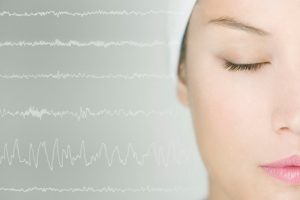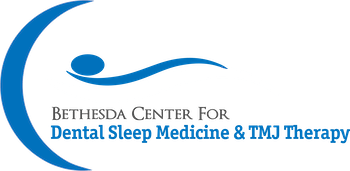
Getting enough good quality sleep is essential to your health. Unfortunately, having constructive sleep apnea can greatly impact your ability to do this. This medical condition is when a partial or complete blockage of the upper airway causes breathing interruptions while sleeping. It is estimated that 22 million Americans suffer from sleep apnea and that 80% of people are not even aware they have it. Even worse, it can cause many health issues, even with your brain. Read on to learn more about the connection between sleep apnea and brain health…and how your dentist can help!
How Does Sleep Apnea Affect the Brain?
There have been various studies that have revealed how sleep apnea affects the health of the brain. It can change the levels of neurotransmitters in it, causing several issues. These include:
- Memory Loss: Sleep apnea causes you to stop breathing repeatedly throughout the night. This means constantly waking up, which prevents you from getting much-needed restorative sleep. As a result, you are likely to experience fatigue, shortened attention span, moodiness, and short-term memory recall during the day. Linking memories together is essential for long-term functioning. Without adequate sleep, you are increasing your chances of more serious impaired memory formation and forgetfulness.
- Altered Brain Shape: With continual interruptions in your breathing patterns, your brain is repeatedly kept from receiving oxygen. After a while, this can result in chronic fatigue and serious brain damage. Researchers have discovered that the structures in the brain that are critical for the memory stage are nearly 20% smaller in adults who suffer from sleep apnea.
- Impaired Brain Function: It’s no surprise that it is a struggle to be alert and bright when your sleep is impaired. For instance, a study conducted by the Journal of Sleep Research by the UCLA School of Nursing discovered that sleep apnea causes a reorganization of how the brain is working. Sleep apnea causes injuries to parts of the brain and makes substantial differences in the two chemicals that influence brain function.
How Can Your Dentist Help with Sleep Apnea?
The good news is that studies have found that treating sleep apnea can reverse the effects it has had on your brain! Certain research has even shown that seeking treatment can help return brain chemicals to normal levels, improving your brain health tremendously. There are two common solutions: a CPAP machine or an oral appliance. You can even undergo combined therapy, which utilizes the two treatments together. Your dentist will thoroughly evaluate your condition and help guide you to which option would be best for you!
If you are suffering from sleep apnea, there is hope for getting quality sleep again! By seeking treatment from your dentist, you can restore your brain health, as well as your overall well-being.
About the Author
Dr. Bernard L. Greenbaum and his team at Bethesda Center for Dental Sleep Medicine & TMJ Therapy are eager to help you with any of your oral health needs. In addition to being a full-service general and cosmetic dentist, he is also a diplomate of the American Board of Dental Sleep Medicine. As an expert in caring for sleep apnea using oral appliance therapy and continuous positive airway pressure (CPAP), he can assist with your sleep condition and guide you back to health! To schedule an appointment, contact him through his website or call (301) 530-0552.
